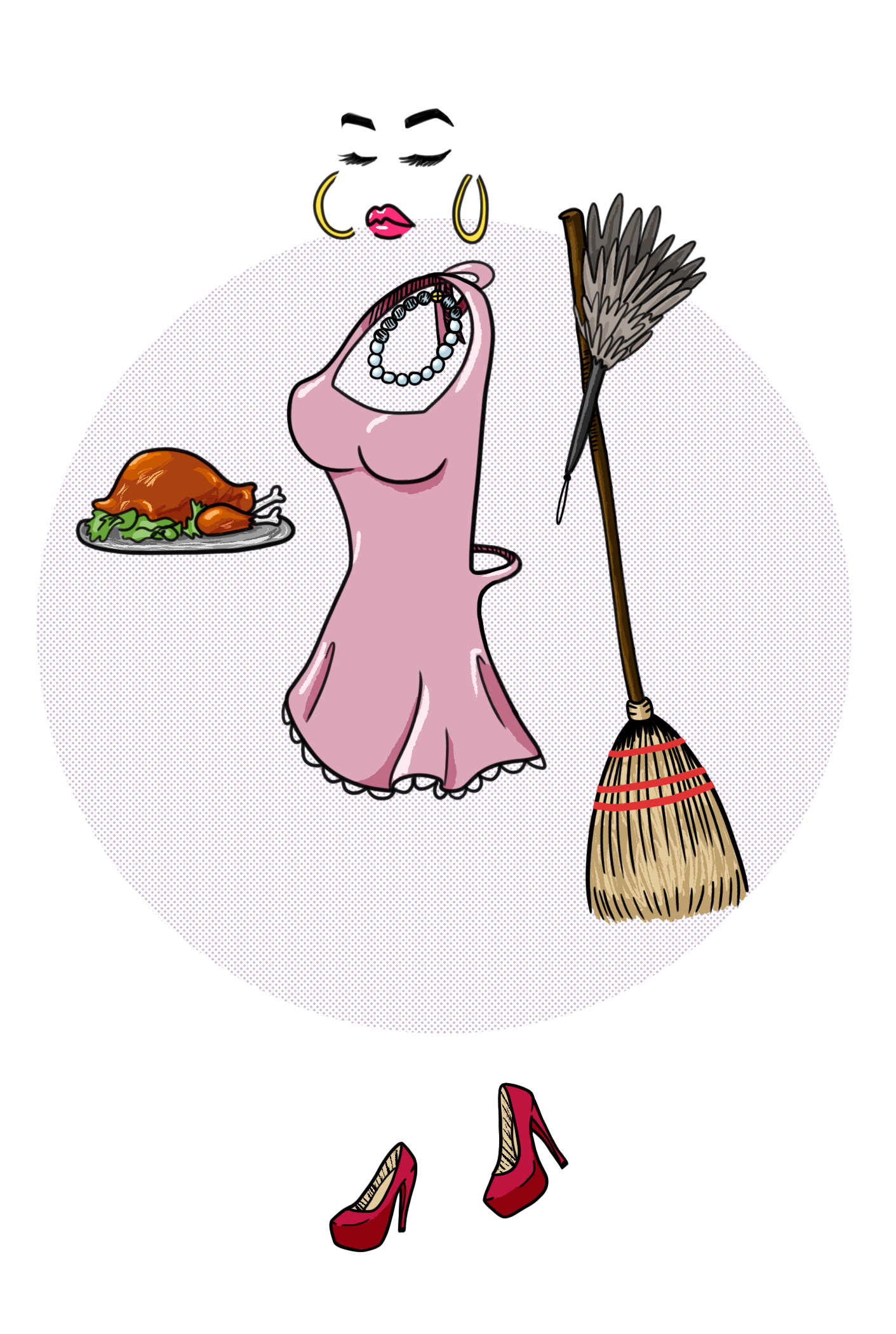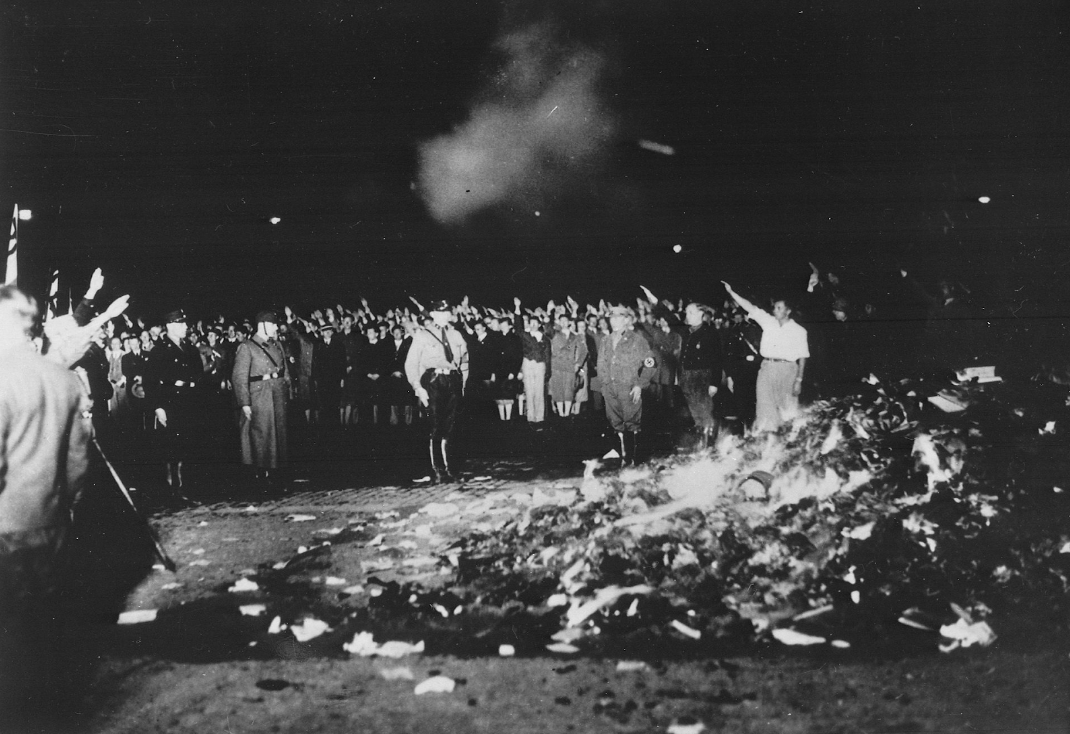A seat at the feminist table
BY: CONCILIA NDLOVU
Staff Writer

A feminist is someone who advocates for and supports the establishment of achieving economic, social, political and personal equality of the sexes. Prior to last summer, when I read “We Should All Be Feminists” by Chimamanda Adichie Ngozi, my understanding of feminism was narrow and skewed. It was based on negative stereotypes painted across YouTube and the internet.
What I found problematic with the current wave of feminism in the United States was the anger, whining, protests against men that sometimes lacked clearly-defined goals. I used to find this insulting to women and girls who still live in dominant patriarchal societies that do not believe in educating girls and often marries girls off at a very young age.
One such woman is Tererai Trent, who was married to an older man at eleven in exchange for a mere cow as dowry. I also found that Western feminism was insulting to women in Saudi Arabia who could not drive until a mere couple of years ago.
In the late 19th century, when the first wave of feminism swept across the USA, it inspired a lot of women to join this movement, fighting for their right to vote among other equality issues. Take, for instance, the highly acclaimed Iron Jawed Angels movie, which portrays the women’s suffrage movement during the 1920s. These women went through all kinds of adversities, including imprisonment and torture in order to have the 19th Amendment passed, which gave women the right to vote.
While the feminist movement has always been somewhat divided, it seems in the 21st century feminism has clear politically influenced divides and what is intended to be a helpful movement supporting progress and equality has been hijacked, and turned it into a war between the right and left wing feminists.
However, Sophia, the treasurer of the Meramec Women’s Club, gave her perspective to highlight a positive side of feminism, what the movement stands for and the importance of dismantling patriarchy. First, she explained that the reason it’s called ‘feminism’ is that this movement was meant to specifically raise women, who were previously considered second-class citizens, to an equal level and standard as that of men. Sophia also wants men to encourage men to join the feminist movement by acknowledging issues like the pay gap between the sexes and maternity rights among other issues.
She strongly believes that inviting men to have a seat at the table, it’s a strategy that shows that feminism comes in peace and wants everyone to cooperate in correcting previous systematic inequalities against women. She explained that promoting submission in women, men also end up trapped in the snares of an archaic concept that enforces the high pressure of them being the providers even if they make less money than their wives or girlfriends.
While women’s rights are protected by laws, the imbalance of power is uneven, and therefore, women are left with limited power and they constantly get penalized for things like falling pregnant. Sophia is appalled that there are still workplaces that in present day won’t hire a woman because she is pregnant. She equates men fighting for women’s equality to the racial struggles between blacks and whites.
Whereby you don’t have to be black to acknowledge that there is racial inequality in the USA, you don’t have to fully understand their struggles, but you need to show your support by standing in unison with the victims for what is right.
When asked about feminists who shame women for choosing the traditional, nurturing roles and letting men be providers route for their lives, Sophia agrees that as long as a woman is making the choice for herself and not being forced to not work by her husband, she can still be as much feminist as the career woman.
“It’s all about women having a voice, and having their choices respected,” she says. However, on issues like abortion, Sophia disagrees that there are many grey areas when it comes to feminism and the issue of abortion. She believes that denying women a right to abort is a way of forcing them into poverty by forcing them to have a baby they may not be ready for.
However, this wouldn’t be a fair discussion without speaking to another feminist from a conservative spectrum. Choosing to keep her identity private, believes women who are pro-life can be feminist too. Her argument is that there need not be a division between the feminist movement. She further explains that contrary to popular beliefs, pro-life feminists don’t tell women what to do with their bodies but simply give them support and other options to consider. She emphasized that whatever the woman decides to do at the end is ultimately up to them. However, she believes there should not be divisions within the movement of who is a better feminist and who is a lesser one.
When asked if we have we made any progress since the Suffrage women’s movement, Sophia feels positive, and points out that we have indeed made big strides; for example, there are now laws in place there weren’t there in 1920, which protect women from discrimination in the workplace based on gender. Through present day feminism movements, the pay gap has been brought to mainstream attention. Today’s feminists have fought and made it illegal to fire a woman for being pregnant, and gender roles and norms have been improved drastically. Sophia agrees that obtaining gender equality doesn’t only give women the opportunities they are being excluded from, but also gives them more social responsibility to be judged for irresponsible acts against men.












